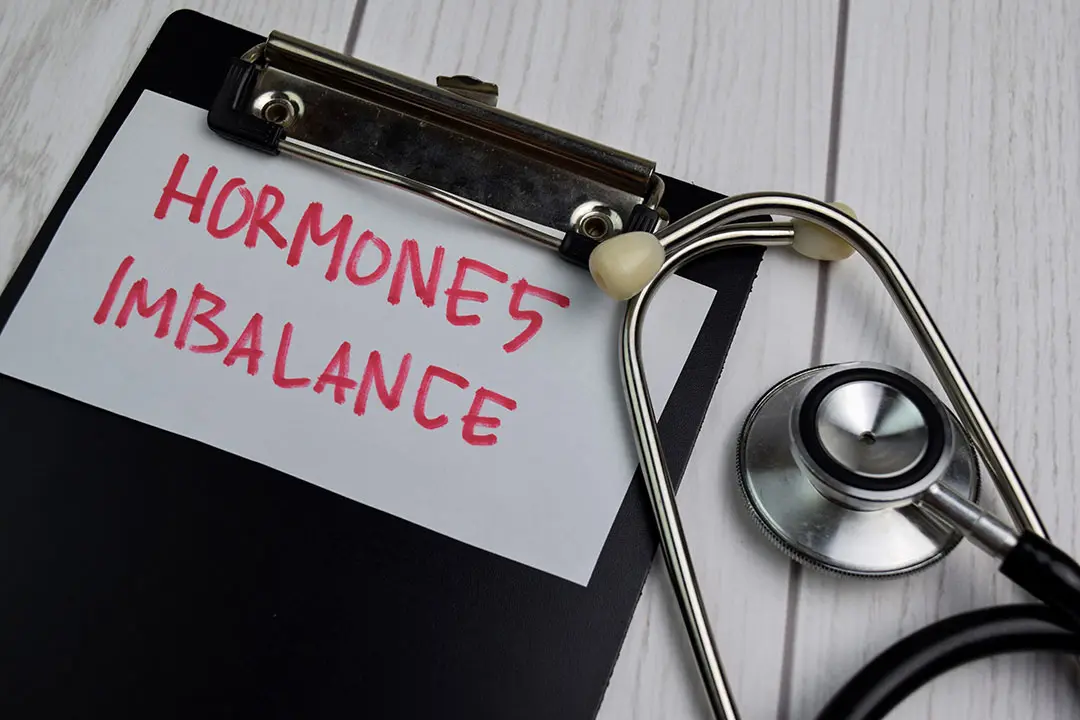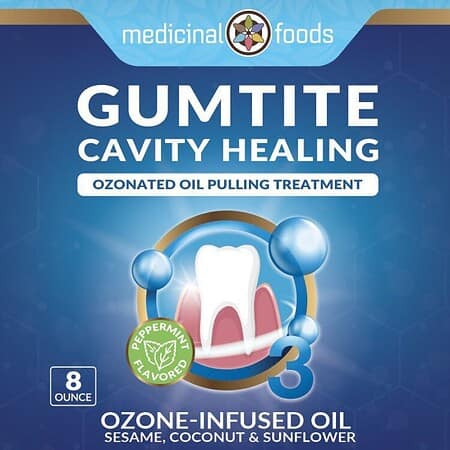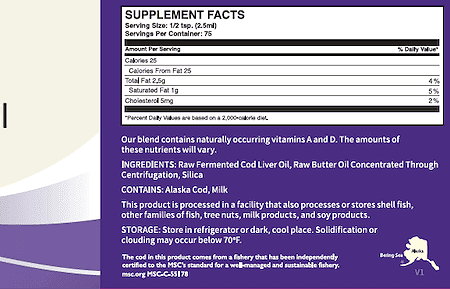Signs of hormonal imbalance are more common than you think. They can cause unpleasant symptoms, which often go unnoticed.
They also can be related to other issues. Behind the proper functioning of the body, there are several factors at work, among which ones stand out.
Distributed throughout the body, they control the way it functions and are directly related to metabolism and development.
Thus, if there are any changes in them, so-called disorders can arise. There are natural remedies and products that may help.
These imbalances happen in both men and women.
However, they are more common in women because of life stages such as menstruation, pregnancy and menopause, however men are also affected, especially after the age of 50, due to andropause.
Among the most common, it is possible to mention hypothyroidism, hyperthyroidism, androgen deficiency, Cushing’s syndrome, polycystic ovary syndrome (PCOS) and stress.
What are the signs of hormonal imbalance?
There are many symptoms that can be related to this imbalance. Among them are:
-
Irregularities in the menstrual period – Changes in the menstrual period, such as amenorrhea (absence or excess of menstruation) are symptoms related to polycystic ovary syndrome. In addition, dysfunctions in the production of luteinizing hormone (LH) and cortisol spikes may also have to do with irregularities. In the latter case, in situations of a lot of stress, the body can completely deregulate the natural cycles, which generates anxiety and irritation. Having an irregular menstrual cycle can indicate that your body is producing too much or not enough of them.
-
Oily Skin and Acne – Although acne is quite common in women in the premenstrual phase, even in adult females, when it is persistent and chronic, there can be disorders. In these cases, the increase in oil on the face that aggravates the birth of pimples also tends to be related to the sex glands, that is, the ovaries. Acne is related to excesses that can bring complications to the skin, especially cutis (the skin of the face), even in adult life.
-
Malaise – Nausea, stomach pain, bloating, diarrhea, are some symptoms of malaise that occur when progesterone and estrogen are out of regulation.
-
Weight gain or loss – The human body, when adapted to dietary patterns that meet the biological needs of each individual and the regular practice of physical activities, tends to maintain a constant weight. When there are very high levels of estrogen in the body, the appetite is altered making the person feel hungrier and eat more, resulting in weight gain.
Early signs of hormonal imbalance
Any major change in body mass, although it also depends on age conditions and other lifestyle habits, should draw attention.
Cases of excessive weight gain or loss in short periods can be symptoms of these disorders.
In women, it is common for weight gain to be related to polycystic ovary syndrome, when there is an increase in testosterone and, often, insulin resistance. In this circumstance, there is a rise in blood sugar levels.
And that’s a risk factor for developing type 2 diabetes and gaining body fat, especially in the abdomen area.
In both sexes, more common among them, there is hypothyroidism, caused when the thyroid does not produce enough of them and leads to a greater slowness of metabolism.
The result is weight gain. Hyperthyroidism, in contrast to the previous case, leads to an increase in the gland, with excess production and unexpected weight loss.
-
Headaches – Also related to estrogen levels in the body, constant headaches can indicate low level.
-
Vagina Irritation – Itching, dryness, irritation, can be signs of an imbalance, in addition to little lubrication in the intimate region.
-
Lack of Libido – Losing libido is one of the consequences of low levels of testosterone, which directly compromises sexual desire. In the case of men, in addition to the loss of sexual interest, the drop in testosterone in the body, caused by evils detected in the testicles and in the pituitary gland, indicates androgen deficiency. The condition should be closely investigated by a urologist.
-
Infertility – In both men and women, infertility has the potential to be linked to disorders, when there is dysfunction of the sex glands. Thus, it is commonly associated with decreased libido, vaginal dryness and erectile dysfunction.
-
Changes in digestion – The increase in cortisol, a stress-related one, generates physical impacts on the body. In some people, changes from these disorders travel to the stomach and intestines. They lead to inflammation, constipation, excess flatulence, constipation and diarrhea.
-
Abnormal increase in hunger – Especially among those who live under stressful situations and have poor sleep, with much fewer hours of rest than those ideal for maintaining health, it is common to be changes in appetite. High cortisol combined with tiredness also triggers changes in the levels of ghrelin, which leads to an increase in hunger. In these circumstances, it is common, for example, to wake up during the night with an unusual desire to eat, which can lead to weight gain.
-
Tiredness and irritability – Have you been experiencing unusual mood swings for no apparent reason? Do you get tired even when you don’t expose yourself to excessive situations, such as a lot of work, physical activities or tasks of any other nature? For these are also common symptoms of these disorders, which show an imbalance in the functioning of the body. The reduction formed by the thyroid triggers lows in mental functioning and in the heart rate itself. Consequently, the individual perceives himself to be much less productive.
-
Loss of muscle mass – testosterone, more abundant in the male body than in the female, is responsible for the gain and maintenance of muscle mass. No wonder, men’s bodies have muscles, by nature. Thus, when there is a drop, it is possible to observe an atypical loss of muscle mass, which requires investigation.
-
Impaired memory and cognitive functions
-
Hypothyroidism is behind several symptoms, and can also impact memory. No wonder, it affects the functioning of the brain and hinders concentration tasks. Sometimes someone just said something to you and you have already forgotten? Pay attention to the regularity of these memory lapses and seek medical help!
-
Changes in sleep routine – Both men and women can suffer from these disorders that negatively impact sleep. Sleeping more than necessary or much less. The changes may be due to the reduction of progesterone. Although this condition is common in the period before the menstrual period, the persistence of the problem tends to be a sign of caution.
This one is released by the ovaries and helps you get a good night’s sleep. Men produce it in the testicles, but in smaller amounts, thus presenting less possibility of alteration. In men, progesterone aids in the process of spermiogenesis.
Excess sleep combined with fatigue already becomes, upon clinical examination, a symptom that alerts suspicion of hypothyroidism, that is, a general metabolic slowness.
If you have frequently experienced one or more of the symptoms highlighted and fear that there may be problems with yours, the best indication is to look for an endocrinologist.
And in cases related to sexual issues, look for the urologist or gynecologist. Thus, these professionals will be able to request the necessary blood tests to prove the alteration and its respective cause.
When it comes to problems in the pituitary and thyroid, it is common that imaging tests are also associated, such as tomography and magnetic resonance imaging, in order to observe the appearance of the glands.
Signs of hormonal imbalance can show disorders that can be caused by various factors, such as diabetes, psychological changes, stress, eating disorders, regular use of medication and cancer. In addition, genetic predisposition is common.
Only with medical follow-up, however, it is possible to discover and treat the responsible cause or their association.


























